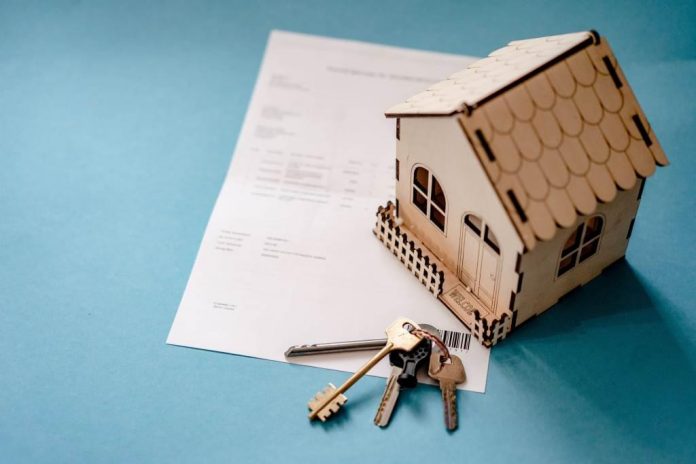Home insurance is an essential financial safety net that protects homes and other buildings from loss due to various unforeseen events. It also provides liability protection if people become injured on your property. It is essential to get house insurance coverage in the times we live in now. Always take precautions to protect your property from unforeseen damage and related expenses. Before making a choice, verifying the covered exclusions and prices is crucial. Discounts are available if you purchase multiple policies. Alternatively, you can split the cost of repairs to reduce the rates. When you file a claim for the amount, the insurance companies you purchased coverage from may make a proportional payment. The home insurance coverage will be automatically canceled if you sell the property, even though you can rent out the insured home. Home insurance policies may vary in what they provide depending on several factors, including the type of residence and its size. Other characteristics like age, replacement value and location can also matter.
Liability
Liability insurance protects you and your family financially if someone is hurt or their property is damaged on your home’s premises. Your personal liability coverage will pay the injured party’s medical bills and other expenses up to your policy’s liability limit.
Another coverage is loss-of-use or additional living expenses, which helps pay for hotel stays and meals if your home can’t be lived in following a covered disaster. It is typically insured on an actual-loss-sustained basis, although some policies offer reimbursement on a replacement-cost basis instead.
Rates for homeowners insurance Newark DE vary among insurers, primarily based on the company’s underwriting guidelines and risk assessment of each homeowner. Depending on some variables, different home insurance policies may offer different levels of coverage. The amount varies depending on the size and type of house (owned/rented). Other factors, including age, place of residence, replacement value, and location, are essential, along with the price. It may be necessary to consider your claim history or the local crime rate. Finally, the type of coverage you select is up to you. The deductible and premium amounts you are willing to spend are entirely up to you. The deductible is the sum that must be paid before filing a claim if the premium is insufficient. The premium is lower when the deductible is large and vice versa.
Buildings
Buildings insurance protects the structure of your home, including walls, roof and floors. It also covers permanent fixtures and fittings such as baths, kitchens and toilets. This cover is usually compulsory if you have a mortgage and may only be available with it.
Often, building insurance includes other structures such as sheds, garages and fences. However, you should check your policy carefully to ensure these structures are formed. It’s also worth checking that the contents of these structures are covered – particularly if they hold expensive items, such as jewelry or paintings.
Generally, other structures’ coverage equates to 10% of your dwelling limit, and you can increase this amount if needed. However, be aware that the value of these structures is likely to be higher than what your homeowner’s policy would typically pay for. As such, you should consider purchasing additional buildings and contents insurance. If you do, check how much it would cost to rebuild these structures if destroyed.
Additional Living Expenses
When you lose your home due to an insured loss, costs can quickly mount. Fortunately, most home insurance policies have an additional living expense component, which covers the cost of temporary housing and other charges that your regular income can’t pay.
This coverage, known as loss of use or ALE, reimburses you for the extra costs you incur when forced to live elsewhere until your home is repaired. It’s typically included in homeowners, renters and condominium owner’s policies.
ALE reimbursements don’t cover your entire bill, so keeping meticulous records of your expenses is essential. It includes hotel bills, rental agreements, restaurant receipts and more.





































